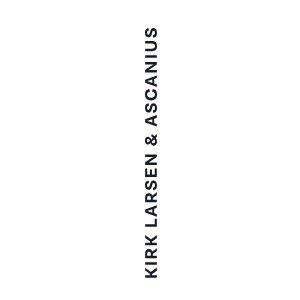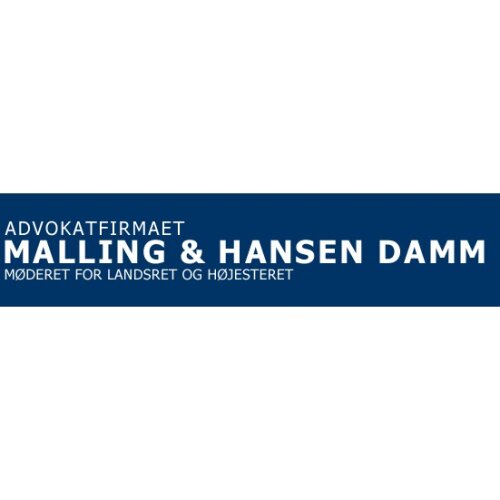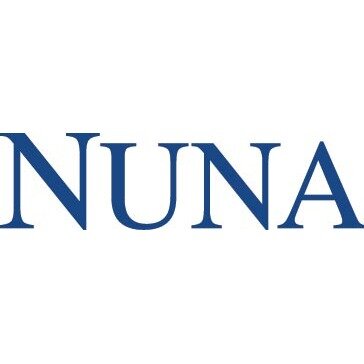Best Creditor Lawyers in Nuuk
Share your needs with us, get contacted by law firms.
Free. Takes 2 min.
List of the best lawyers in Nuuk, Greenland
About Creditor Law in Nuuk, Greenland
Creditor law in Nuuk, Greenland, involves the regulations and legal processes governing the relationship between creditors, who lend money or extend credit, and debtors, who are obligated to repay such funds. This field of law encompasses the rights and obligations of creditors to collect debts, the means available for debt enforcement, and the protections in place for debtors. In Nuuk, the legal framework is influenced by both local regulations and Danish laws due to Greenland's status within the Kingdom of Denmark.
Why You May Need a Lawyer
Individuals and businesses might require legal assistance in creditor matters for various reasons, including:
- Disputes over debt repayment terms and conditions.
- Issues with debt collection practices by creditors.
- Bankruptcy proceedings impacting both creditors and debtors.
- Negotiations to settle outstanding debts or restructure payment plans.
- Lack of compliance with local and Danish debt collection laws.
- Enforcement of debt repayment through legal channels.
Local Laws Overview
Creditor laws in Nuuk are influenced by Greenland's autonomous legal system, which operates alongside Danish law. Key aspects include:
- Regulations on fair debt collection practices to protect debtors from abusive practices.
- Clear procedures for filing claims and pursuing debt recovery through the courts.
- Provisions for debtor bankruptcy, including criteria for filing and the legal effects on creditors.
- The role of the Danish Debt Collection Act, applied in Greenland, which provides a framework for creditor-debtor interactions.
- Local enforcement agencies that oversee creditor compliance and resolve disputes.
Frequently Asked Questions
What rights do creditors have in Nuuk?
Creditors in Nuuk have the right to pursue the repayment of debts through legal means. They can engage in negotiations, enforce contractual agreements, and data processes to legally enforce debt collection, as long as these actions comply with relevant local and Danish laws.
How can a creditor legally recover a debt in Nuuk?
Debt recovery in Nuuk requires following specific legal procedures, such as sending a formal demand for payment, filing a claim in court, or requesting the intervention of local enforcement agencies. Mediation and negotiation can also play a critical role in resolving disputes peacefully.
Are there any protections for debtors from aggressive collection practices?
Yes, both local laws and Danish regulations protect debtors from aggressive and unfair collection practices. Creditors must adhere to rules that promote fair treatment and privacy, ensuring that attempts to collect debts are reasonable and lawful.
What happens when a debtor declares bankruptcy in Nuuk?
When a debtor files for bankruptcy, legal proceedings are initiated that can impact both debtors and creditors. Creditors may need to register their claims to be part of the process and may face limitations on debt recovery, depending on the type of bankruptcy declared.
What steps should a creditor take if a debtor refuses to pay?
If a debtor refuses to pay, a creditor should first attempt informal resolution. If unsuccessful, the next steps involve legal action, such as filing a court claim or seeking the assistance of a debt collection agency authorized to operate in Nuuk.
Can creditors charge interest on overdue debts in Nuuk?
Yes, creditors can charge interest on overdue debts if specified within the credit agreement or contract. The amount and rate of interest must comply with legal standards and any limitations imposed by local law.
How are disputes between creditors and debtors typically resolved in Nuuk?
Disputes between creditors and debtors in Nuuk are resolved through negotiations, mediation, or litigation. The chosen method often depends on the complexity of the case and the willingness of parties to settle amicably.
Are there any specific licensing requirements for debt collectors in Nuuk?
Yes, debt collectors in Nuuk may be required to hold certain licenses or approvals, especially when acting on behalf of creditors. This ensures accountability and adherence to ethical collection practices.
How can I verify the legitimacy of a debt collection agency operating in Nuuk?
Debtors should verify the legitimacy of a debt collection agency by checking its registration and licensing status with local authorities, seeking references, and ensuring it complies with relevant legal requirements in Nuuk.
What should I do if I suspect a debt collection scam?
If you suspect a debt collection scam, report the matter to local law enforcement agencies or consumer protection bodies in Greenland. It's essential to verify claims independently before making any payments or sharing personal information.
Additional Resources
Several resources are available to those needing more information or assistance with creditor matters in Nuuk:
- Greenland's Legal Aid Office for legal consultation and advice services.
- Local branches of the Danish Bar and Law Society for finding qualified attorneys specializing in creditor law.
- The Courts of Greenland for understanding legal procedures related to creditor-debtor disputes.
- Consumer protection organizations to educate on rights and support in dealing with debt-related issues.
Next Steps
If you need legal assistance in the field of creditor law in Nuuk, here are steps to consider:
- Identify the specific legal issues you face and gather all relevant documentation.
- Consult with a qualified attorney specializing in creditor law within Nuuk or Greenland for personalized advice.
- Explore mediation or negotiation options for resolving disputes outside of court.
- Familiarize yourself with local laws and procedures to better understand your rights and obligations.
- Contact local resources such as legal aid offices or consumer protection agencies if further assistance is needed.
Lawzana helps you find the best lawyers and law firms in Nuuk through a curated and pre-screened list of qualified legal professionals. Our platform offers rankings and detailed profiles of attorneys and law firms, allowing you to compare based on practice areas, including Creditor, experience, and client feedback.
Each profile includes a description of the firm's areas of practice, client reviews, team members and partners, year of establishment, spoken languages, office locations, contact information, social media presence, and any published articles or resources. Most firms on our platform speak English and are experienced in both local and international legal matters.
Get a quote from top-rated law firms in Nuuk, Greenland — quickly, securely, and without unnecessary hassle.
Disclaimer:
The information provided on this page is for general informational purposes only and does not constitute legal advice. While we strive to ensure the accuracy and relevance of the content, legal information may change over time, and interpretations of the law can vary. You should always consult with a qualified legal professional for advice specific to your situation.
We disclaim all liability for actions taken or not taken based on the content of this page. If you believe any information is incorrect or outdated, please contact us, and we will review and update it where appropriate.










